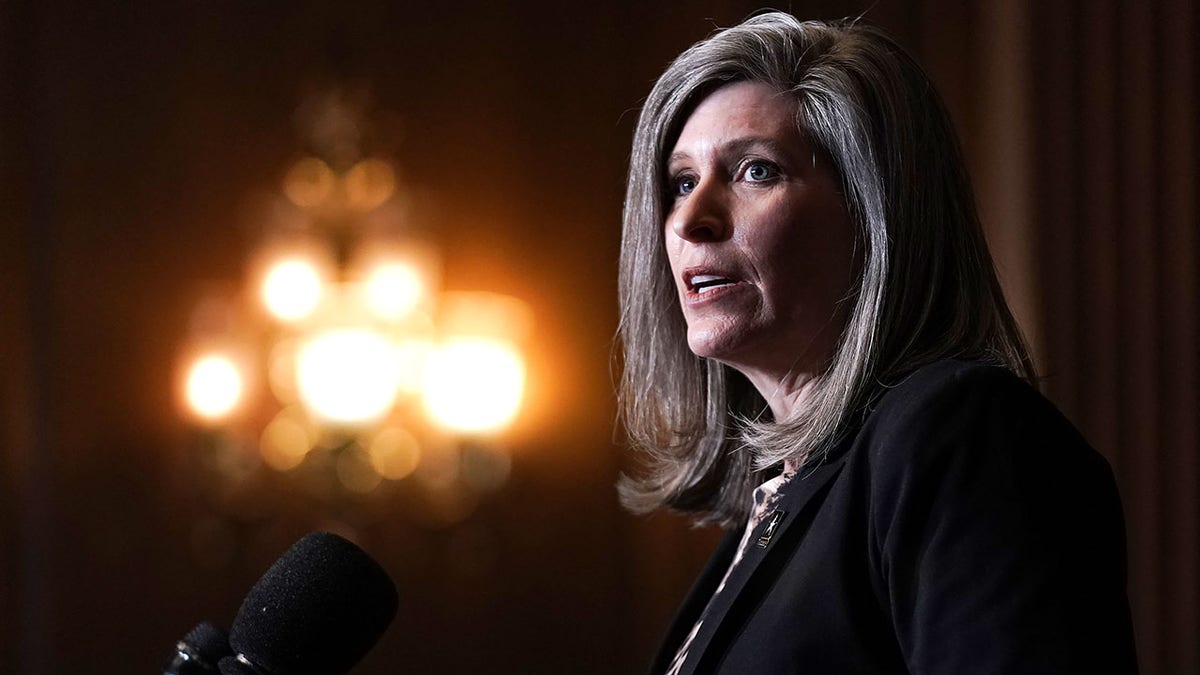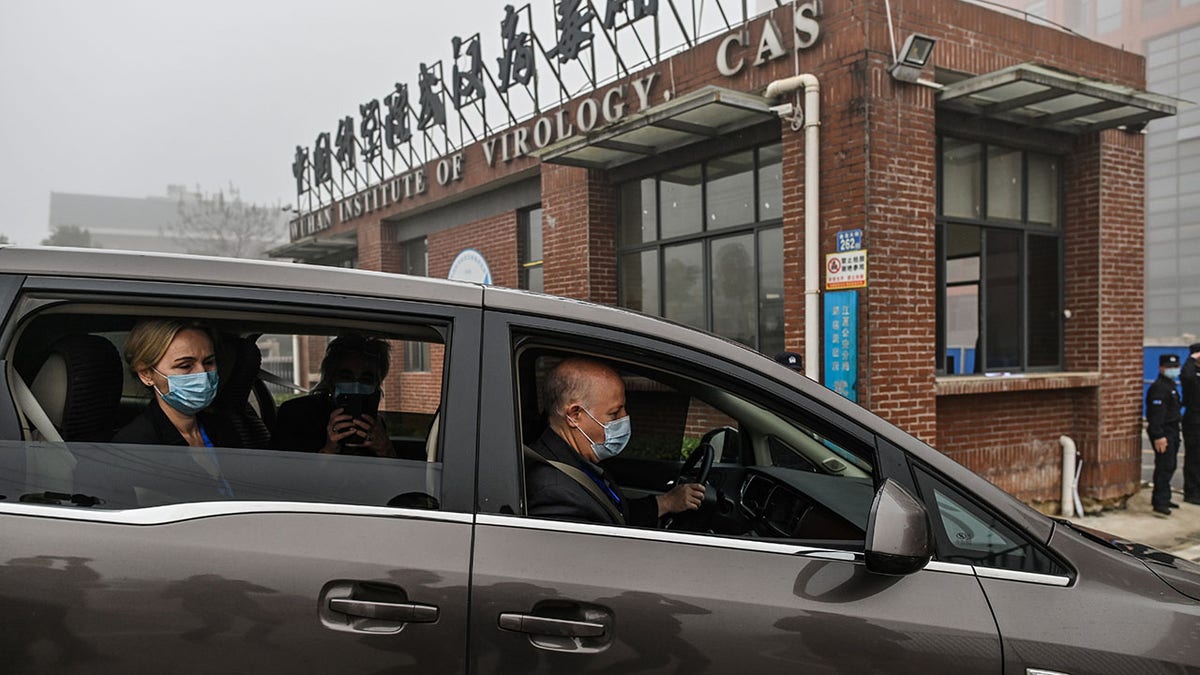Fox News Flash top headlines for June 15
Fox News Flash top headlines are here. Check out what's clicking on Foxnews.com.
Sen. Joni Ernst, R-Iowa, is introducing a bill aimed at holding organizations that take taxpayer dollars accountable amid the controversy over a group that had one grant suspended over its work with the Wuhan Institute of Virology (WIV), yet continued to receive federal funds through other methods.
That group, the American nonprofit EcoHealth, received grants from the National Institutes of Health (NIH) before one was revoked last year. In revoking the grant, the NIH cited revelations that the WIV, to which EcoHealth had directed funding, conducted "research… that pose serious bio-safety concerns and, as a result, create health and welfare threats to the public in China and other countries, including the United States."
That work was reportedly gain-of-function research on bat coronaviruses, which drew scrutiny on the WIV as the potential origin point of the COVID-19 virus.
Yet EcoHealth, Ernst said in a statement, continued to receive federal money – something she said she wants to stop.

Senator Joni Ernst, a Republican from Iowa, speaks during a news conference following a weekly meeting with the Senate Republican caucus at the U.S. Capitol in Washington, D.C., U.S., on Tuesday, Dec. 8, 2020. Ernst is introducing a bill for federal grantee accountability. )Photographer: Greg Nash/The Hill/Bloomberg via Getty Images)
FAUCI CLAIMS US GAVE $600,000 TO WUHAN LAB RESEARCH; DOCUMENTS SHOW IT WAS MORE
"Despite skirting federal law and refusing to disclose how much U.S. taxpayer money was funneled to Communist China’s Wuhan Institute and the details about the coronavirus research the funding supported, EcoHealth Alliance was rewarded with another $7.5 million," Ernst said. "Iowa taxpayers shouldn’t be forced to foot the bill for any organization that fails to comply with federal law. My bill would prevent federal funding from going to organizations, like EcoHealth, until they provide answers on how and where taxpayer dollars are being spent."
Peter Daszak, the president of EcoHealth, has maintained that he does not believe COVID-19 escaped from the WIV and was one of the major voices in the scientific community opposing that theory last year. On Monday, Daszak cited studies on dirty conditions in an animal market in Wuhan, reported by The Telegraph, as "[m]ore evidence of natural spillover of COVID."
And last year, Daszak told Nature the NIH's decision to suspend EcoHealth's grant was "inappropriate and wrong." He also called the conditions NIH set for the grant to be reinstated "absurd."
Ernst's bill is titled the "Stop the Outlay of Payments Act," or the STOP Act. It comes after Ernst successfully included an amendment in the Senate's recent anti-China bill to ban future taxpayer funding for the WIV – but the bill faces a tough road ahead in the House.
It also comes on the same day as the Department of Health and Human Services (HHS) inspector general opened a probe into NIH grants and "NIH's monitoring of selected grants, and grantee use and management of NIH grant funds in accordance with federal requirements."
In March, Ernst sent a letter calling on the HHS inspector general to investigate the failure of NIH to disclose taxpayer funding sent to the WIV.

Peter Daszak (R), Thea Fischer (L) and other members of the World Health Organization (WHO) team investigating the origins of the COVID-19 coronavirus, arrive at the Wuhan Institute of Virology in Wuhan in China's central Hubei province on February 3, 2021. (Photo by Hector RETAMAL / AFP) (Photo by HECTOR RETAMAL/AFP via Getty Images)
National Institute of Allergy and Infectious Diseases Director Anthony Fauci in a House hearing last month defended the use of American taxpayer money to fund research with EcoHealth and the Wuhan lab while denying that U.S. money was directed for gain-of-function research.
"You don't want to study bats in Fairfax County, Virginia, to find out what the animal-human interface is that might lead to a jumping of species," Fauci said. "So we had a modest collaboration with very respectable Chinese scientists who were world experts on coronavirus, and we did that through a sub-grant from a larger grant to EcoHealth."
CLICK HERE TO GET THE FOX NEWS APP
"They were not approved by NIH for doing gain-of-function research," NIH director Francis Collins said at the same hearing, regarding the American taxpayer money that went to the Wuhan lab. "We are of course not aware of other sources of funds or other activities they might have undertaken outside of what our approved grant allowed."
Fox News' Kelly Laco contributed to this report.





















